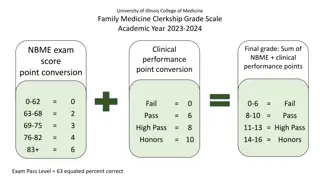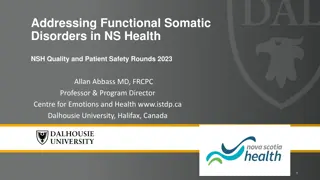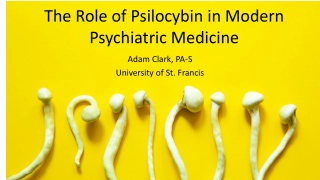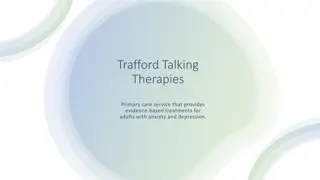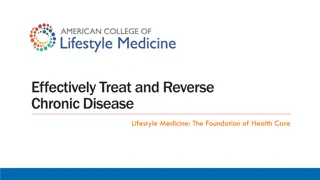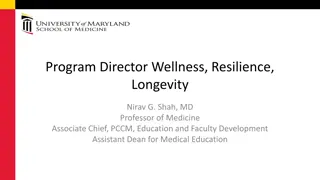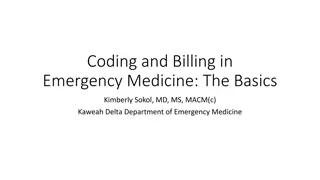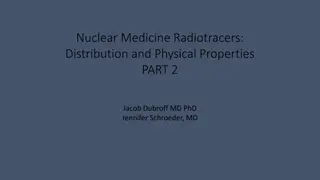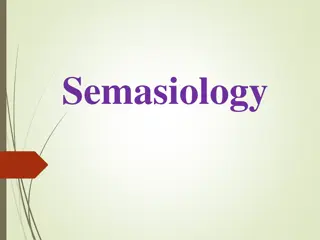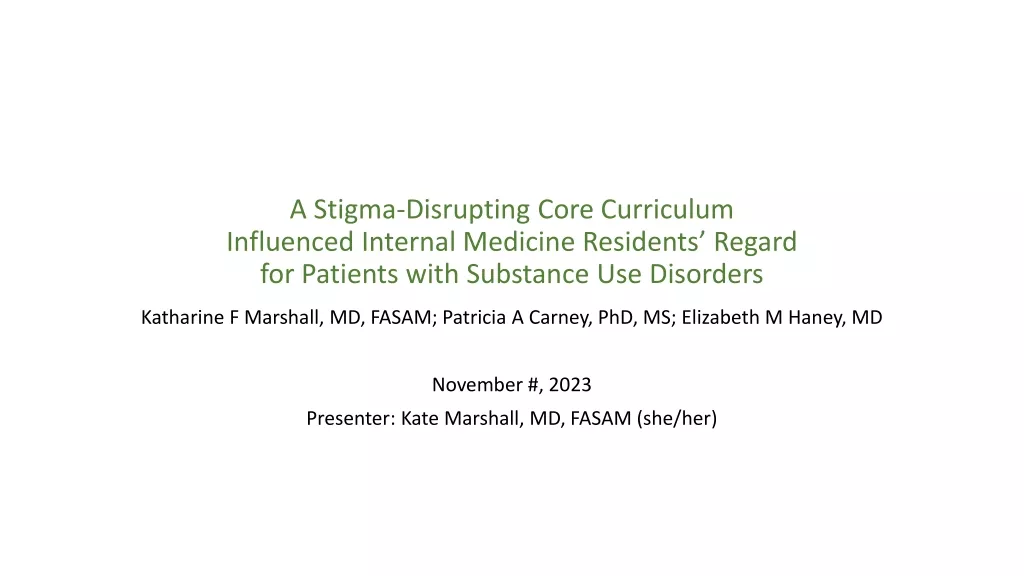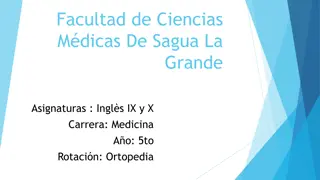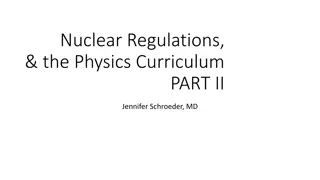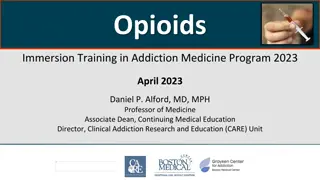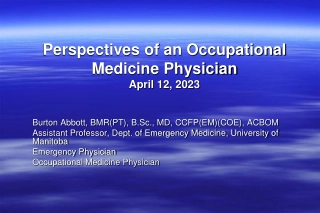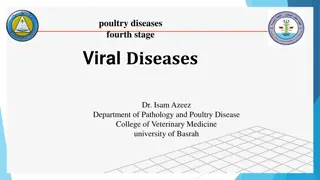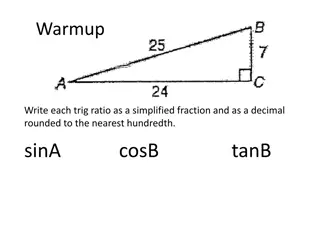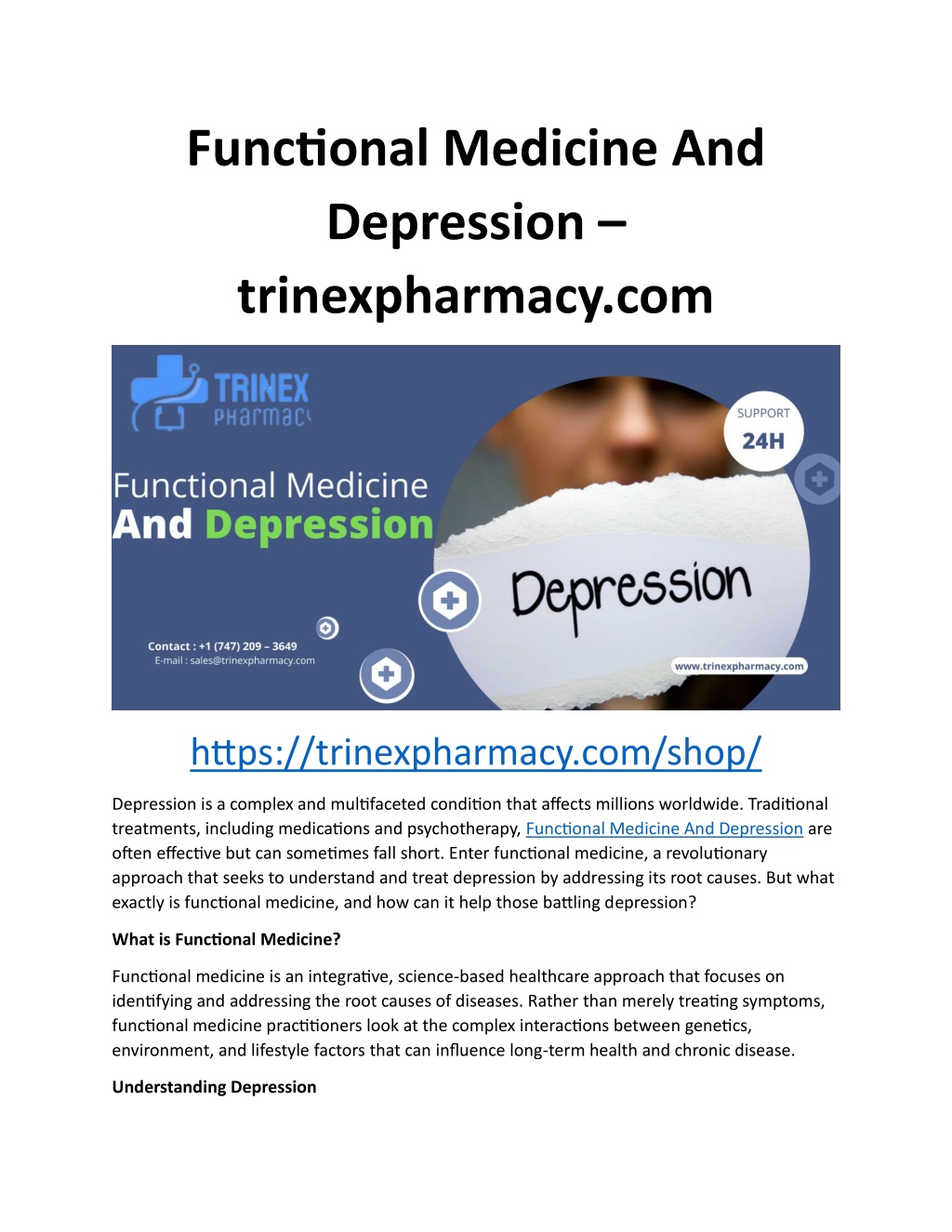
Functional Medicine and Depression - trinexpharmacy.com
Depression is a complex and multifaceted condition that affects millions worldwide. Traditional treatments, Functional Medicine and Depression including medications and psychotherapy, are often effective but can sometimes fall short. Enter functional medicine, a revolutionary approach that seeks to understand and treat depression by addressing its root causes. But what exactly is functional medicine, and how can it help those battling depression? Contact : 1 (747) 209 u2013 3649nnE-mail : sales@trinexpharmacy.com
- Functional Medicine and Depression
- buy Functional Medicine and Depression
- sale Functional Medicine and Depression
- order Functional Medicine and Depression
- Functional Medicine and Depression purches
Download Presentation
Please find below an Image/Link to download the presentation.
The content on the website is provided AS IS for your information and personal use only. It may not be sold, licensed, or shared on other websites without obtaining consent from the author. Download presentation by click this link. If you encounter any issues during the download, it is possible that the publisher has removed the file from their server.
Presentation Transcript
Functional Medicine And Depression trinexpharmacy.com https://trinexpharmacy.com/shop/ Depression is a complex and multifaceted condition that affects millions worldwide. Traditional treatments, including medications and psychotherapy, Functional Medicine And Depression are often effective but can sometimes fall short. Enter functional medicine, a revolutionary approach that seeks to understand and treat depression by addressing its root causes. But what exactly is functional medicine, and how can it help those battling depression? What is Functional Medicine? Functional medicine is an integrative, science-based healthcare approach that focuses on identifying and addressing the root causes of diseases. Rather than merely treating symptoms, functional medicine practitioners look at the complex interactions between genetics, environment, and lifestyle factors that can influence long-term health and chronic disease. Understanding Depression
Depression is more than just feeling sad or having a bad day. It's a serious mental health disorder characterized by persistent feelings of sadness, About Us hopelessness, and a lack of interest or pleasure in activities. Traditional medicine often treats depression with medications and psychotherapy, which can be effective but may not work for everyone. This is where functional medicine offers a fresh perspective. The Functional Medicine Approach to Depression Root Causes of Depression Functional medicine practitioners aim to uncover the underlying causes of depression, which can vary greatly from person to person. This individualized approach considers factors like genetics, nutritional deficiencies, hormonal imbalances, gut health, and chronic inflammation, all of which can contribute to mental health issues. Holistic and Personalized Treatment In functional medicine, treatment is highly personalized. Practitioners develop a comprehensive plan that addresses the unique needs of each patient, incorporating lifestyle changes, dietary adjustments, and natural supplements alongside conventional treatments. Key Principles of Functional Medicine Patient-Centered Care Functional medicine places the patient at the center of the treatment process. Practitioners spend considerable time with patients, Refunds & Returns Policy listening to their histories and considering the interactions among genetic, environmental, and lifestyle factors that can influence long-term health and chronic disease. Systems Biology Approach This approach views the body as an interconnected system rather than a collection of independent organs. By understanding these connections, functional medicine can identify imbalances and dysfunctions that may contribute to depression. Integrative Treatment Modalities Functional medicine blends the best of traditional Western medicine with alternative therapies. This integrative approach ensures a more comprehensive treatment plan that addresses both the symptoms and underlying causes of depression. Root Causes of Depression in Functional Medicine Genetic Factors
Genetics can play a significant role in depression. Functional medicine practitioners may conduct genomic testing to identify genetic predispositions that could influence an individual's mental health. Nutritional Deficiencies Deficiencies in essential nutrients, Blog such as vitamins B6, B12, and D, as well as minerals like magnesium, can contribute to depression. Functional medicine focuses on optimizing nutrition to support mental health. Hormonal Imbalances Hormonal imbalances, including thyroid dysfunction and imbalances in sex hormones like estrogen and testosterone, can affect mood and contribute to depression. Functional medicine aims to restore hormonal balance through natural means. Gut Health and Microbiome The health of our gut has a profound impact on our mental health. An imbalance in the gut microbiome can lead to inflammation and affect neurotransmitter production, contributing to depression. Functional medicine emphasizes the importance of gut health in treating depression. Chronic Inflammation Inflammation is a common underlying factor in many chronic diseases, including depression. By identifying and addressing sources of inflammation, functional medicine can help alleviate depressive symptoms. Functional Medicine Diagnostics for Depression Comprehensive Health History Functional medicine practitioners take an extensive health history to understand the full picture of a patient's health, considering all potential contributing factors to their depression. Laboratory Testing Advanced laboratory tests can reveal underlying issues that may not be apparent through standard medical tests. These can include hormone levels, nutritional deficiencies, and markers of inflammation. Functional and Genomic Testing These specialized tests can provide deeper insights into an individual's health, helping to tailor treatments more precisely to their needs. Personalized Treatment Plans
Nutrition and Diet Modifications Diet plays a crucial role in mental health. Functional medicine practitioners often recommend dietary changes to reduce inflammation, balance blood sugar levels, and ensure adequate intake of essential nutrients. Nutritional Supplements In addition to dietary changes, supplements can help address deficiencies and support overall health. Commonly recommended supplements for depression include omega-3 fatty acids, B vitamins, and probiotics. Lifestyle Changes Lifestyle factors such as sleep, exercise, and stress management are integral to mental health. Functional medicine emphasizes the importance of healthy lifestyle habits in managing depression. The Role of Nutrition in Managing Depression Anti-Inflammatory Diets Foods that reduce inflammation, such as leafy greens, berries, and fatty fish, can support mental health. An anti-inflammatory diet can help manage depression by reducing systemic inflammation. Omega-3 Fatty Acids Omega-3 fatty acids, found in fish oil and flaxseeds, are crucial for brain health and have been shown to help reduce symptoms of depression. Vitamins and Minerals Adequate intake of vitamins and minerals, such as vitamin D, magnesium, and zinc, is essential for maintaining mental health. Functional medicine practitioners often recommend these nutrients to support mood and brain function. The Impact of Gut Health on Mental Health Gut-Brain Axis The gut-brain axis is the communication network between the gut and the brain. An imbalance in gut bacteria can influence mood and mental health, making gut health a critical component of treating depression. Probiotics and Prebiotics Probiotics and prebiotics can help restore balance to the gut microbiome. Functional medicine practitioners often recommend these to support gut health and, in turn, mental health.
Hormonal Balances and Mental Well-being Thyroid Function Thyroid hormones play a vital role in regulating mood. Hypothyroidism, or low thyroid function, is commonly linked to depression. Functional medicine addresses thyroid imbalances to improve mental health. Sex Hormones Imbalances in sex hormones, such as estrogen and testosterone, can affect mood and contribute to depression. Balancing these hormones can help alleviate depressive symptoms. Adrenal Health Chronic stress can lead to adrenal fatigue, affecting cortisol levels and contributing to depression. Functional medicine includes strategies to support adrenal health and manage stress. Mind-Body Practices in Functional Medicine Mindfulness and Meditation Mindfulness and meditation practices can help reduce stress and improve mental clarity. These practices are often incorporated into functional medicine treatment plans for depression. Yoga and Exercise Physical activity, including yoga and regular exercise, has been shown to improve mood and reduce symptoms of depression. Functional medicine encourages incorporating movement into daily routines. Stress Management Techniques Techniques such as deep breathing, progressive muscle relaxation, and biofeedback can help manage stress and support mental health. Integrating Conventional and Functional Medicine Benefits of a Combined Approach Combining conventional and functional medicine can provide a more comprehensive treatment plan. This integrative approach leverages the strengths of both modalities to better address depression. Case Studies Numerous case studies demonstrate the effectiveness of integrating functional medicine with conventional treatments, showing improved outcomes for patients with depression.
Success Stories and Case Studies Real-Life Examples Real-life examples and success stories can provide hope and inspiration for those struggling with depression. Hearing how others have overcome similar challenges can be incredibly motivating. Patient Testimonials Patient testimonials highlight the transformative power of functional medicine. These stories illustrate how addressing root causes and personalizing treatment can lead to significant improvements in mental health. Potential Challenges and Criticisms Limitations of Functional Medicine While functional medicine offers many benefits, it is not without its challenges. Some criticisms include the cost of treatments and the need for extensive patient involvement and lifestyle changes. Addressing Skepticism Skepticism towards functional medicine can arise from its departure from conventional practices. However, increasing research and patient success stories are helping to validate this approach. Future Directions of Functional Medicine in Mental Health Emerging Research Ongoing research continues to explore the effectiveness of functional medicine in treating depression. New findings are helping to refine and improve treatment strategies. Innovations in Treatment Innovations such as personalized nutrition plans based on genomic data and advanced diagnostic tools are paving the way for more effective functional medicine treatments for depression. Conclusion Functional medicine offers a promising approach to treating depression by addressing its root causes and focusing on personalized care. By integrating nutrition, lifestyle changes, and mind- body practices, functional medicine can provide a holistic and effective treatment plan for those struggling with depression. As research continues to evolve, this approach may become an increasingly valuable tool in the fight against mental health disorders. FAQs
What makes functional medicine different from conventional medicine? Functional medicine focuses on identifying and addressing the root causes of diseases through personalized treatment plans, while conventional medicine often focuses on treating symptoms. How quickly can one expect results from functional medicine treatments for depression? Results can vary widely depending on the individual and the specific causes of their depression. Some may see improvements within weeks, while others may take several months. Are there any risks associated with functional medicine? Like any medical approach, there can be risks, particularly if treatments are not properly managed. It's important to work with a qualified functional medicine practitioner. Can functional medicine be used alongside conventional antidepressants? Yes, functional medicine can often be used alongside conventional treatments. It's important to coordinate with all healthcare providers to ensure a safe and integrated approach. How do I find a qualified functional medicine practitioner? Look for practitioners certified by reputable organizations such as the Institute for Functional Medicine. Checking reviews and seeking referrals can also help find a qualified professional. Contact : +1 (747) 209 3649 E-mail : sales@trinexpharmacy.com






